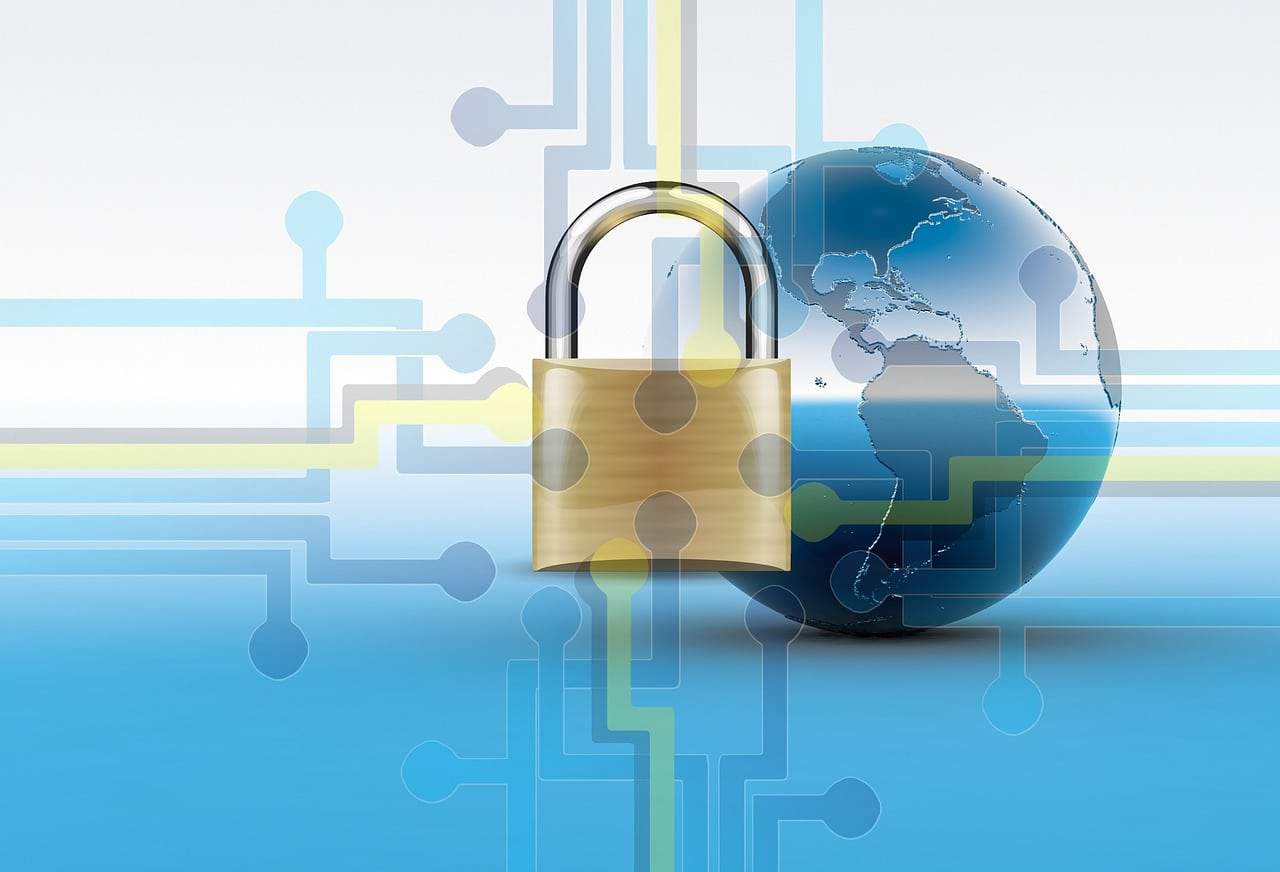
Does Every Website need an SSL Certificate?
Once you have gone through the hard work of perfecting the name of your domain and web site and gotten all of your product list coming together smoothly, it can be very jolting when a local partner suddenly asks if your website will be SSL protected. Hold the phone there what is SSL protection? Do I need this on my site? And How do I even know how SSL even works?
There is no need to panic, the answers are all right here so you can sit back and peruse this short introduction to the SSL certificate and why it is important to the modern marketer.
Here’s what you need to know.
SSL stands for Secure Sockets Layer. TO put it simply SSL allows your small business and other small businesses to communicate with their customers and share services, products and information securely on the interwebs. Without getting to far into the details of Secure Sockets, let’s just say SSL allows specialized connections for all types of secure online interactions.
One way to wrap your mind around the idea of SSL is like having a giant windshield installed in your vehicle with which you navigate your internet superhighway. It would be a poor idea to head out on your freeway without one, especially along a rural highway considering the swarms of flying bugs and other airborne debris.
Online these could be considered the many digital bugs worms and mishaps that can make valuable interactions unsafe. By thisanalogy we refer to the many online trojans, worms, viruses and snooping hackers who would love to snag a dishonest buck.
Before you begin the “My minor operation is of no consequence to hackers”, the important thing to understand is that the hacker merely sets a program in motion and this program doesn’t care what is a big or small operation — valuable information is valuable information. Being done electronically makes it impossible to decide who is and isn’t being targeted.
How SSL works
Have you ever wondered what SSL actually does? Look no further than this internet browser. An SSL certificate will work to establish a secure connection between the server on which you online store is located and the browser window used by your client. This connection will be made with a simple handshake process. This uses a to-and-from communication between the browser and server to verify that it is safe. The most amazing thing is that all this occurs behind the scenes and never disrupts the browsing and shopping experience.
So now we can return to our original question: Does every website need a SSL certificate?
Your website will need SSL certificates if it will be handling secure information. We are not talking government secrets, if you hope to accept major credit cards, you will need to have a standard merchant’s account and these need SSL certificates. You will find that some web hosting companies require that you have this certification before setting up credit card information.
It would be a serious career decision to accidently pass you clients credit card information onto the nefarious while they are doing business with you.
You will find some shopping cart programs and online stores have their own secure payment methods. This often requires the use of a third-party to handle sensitive information. If you are using a platform like this there may be a good reason you don’t need to use this kind of certificate at your checkout page.
There are some other reason to have an SSL certificate on your page.
SSL certificates can protect sites with passwords.
If you will be using accounts on your website and providing customers with a password protected page, you will want to protect these passwords with proper SSL certificates. This goes the same for Joola!, WordPress or any other platform that uses a login page handled by the administrator.
Those memberships sites that requires sign ins at various locations are even more susceptible to the fleet-fingered hacker and their robotic armies. Remember that anything you don’t want the world to see should be carefully hidden behind SSL certification.
The internet is rife with bots of all sizes and types moving about in the shadows looking for a poorly protected passwords and web pages to attack. If you were to find that your web pages have been rearranged you may want to consider secure webs.
Not everyone is looking for credit card information. Leads are an especially valuable commodity on today’s markets especially for the real estate market. Your employee records are also tasty tidbits that can make money for someone. If you are storing information on your clients like questionnaires, phone numbers and addresses, this information can give the con man a tool for nasty work.
Without a SSl certificate, emails are not safe either. This is not a blanket rule, but many forms of marketing correspondence can be susceptible to evil intent. Do you want bad things happening to your valued clients? Of course, not! This is why securing your valuable information and is essential to keeping a good relation and conducting a responsible business.
More SSL certificates
Now that you have a better idea of what these SSL certificates are and how they operate you can move on to choosing one for your own web site. Depending on the specifics of your site you may have specific needs that require a different type of certificate. Following are the four different SSL certificates that can be applied to your site:
- SAN SSL Certificate
- Extended Validation SSL Certificate
- Organization Validation SSL Certificate
- Wildcard SSL Certificate




